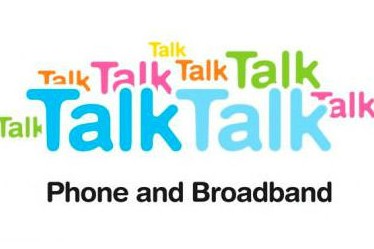TalkTalk Makes New Customers View Parental Controls

TalkTalk says new customers will have to make an active choice whether or not to filter a number of content categories,
New TalkTalk customers will be unable to activate their broadband unless they choose what kinds of content should be blocked.
Under the new scheme, parents would have to be aware of the parental controls before accessing the internet, although TalkTalk has promised that the process takes just five clicks. As well as protecting childre, the move is designed to protect TalkTalk from allegations that it has done nothing.
Active Choice
 Parents will be able to block one or all of seven categories of sensitive content – porn, dating, gambling, gaming, suicide, social networking and weapons and violence – and will be notified via email or text if the controls are changed.
Parents will be able to block one or all of seven categories of sensitive content – porn, dating, gambling, gaming, suicide, social networking and weapons and violence – and will be notified via email or text if the controls are changed.
TalkTalk said that the service was simple to use, but required a great deal of technical work to set up. The IPS’s network level filters have been declared an industry first and praised by ministers and Christian groups, who fear the threat of the sexualisation and commercialisation of childhood.
One group claims that one in three 10 year olds had stumbled across pornography online, while 81 percent of 14-16 year olds regularly accessed it on their computers and smartphones.
TalkTalk launched its Homesafe security service in May last year, aimed at preventing children from viewing explicit content online or being distracted by social networks during homework time. It blocks at a network level, meaning that it works on all devices connected to a broadband connection. However the service was opt-in, with only 240,000 people signing up.
UK ISPs have rejected fears over their child protection measures, arguing that users would be provided with an ‘active choice’ whether or not to block such content and in December, the European Commission formed a coalition with the intention of making the internet a safer place for children.
Alternative measures have included the creation of an adult-specific .xxx domain; it was revealed last week that just over half of the UK’s top companies have reserved their domain to protect their trademark in that domain.